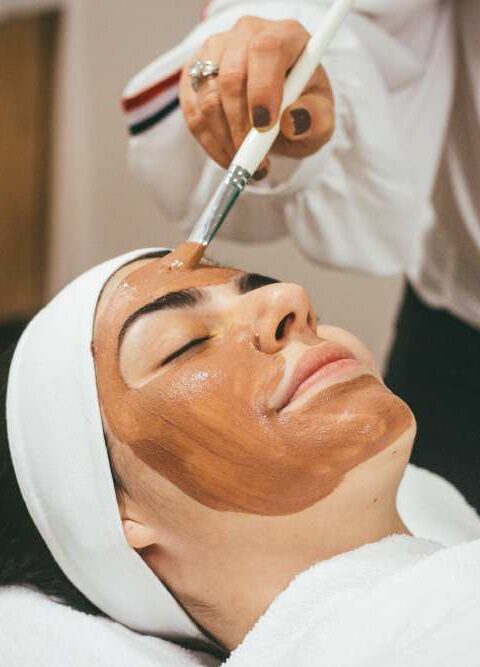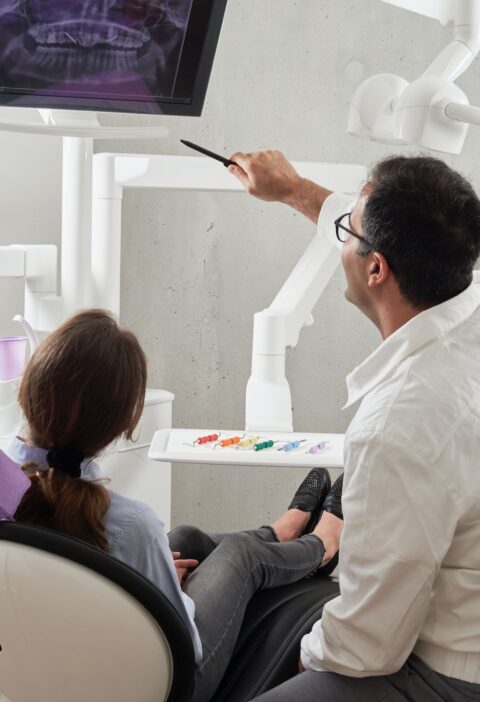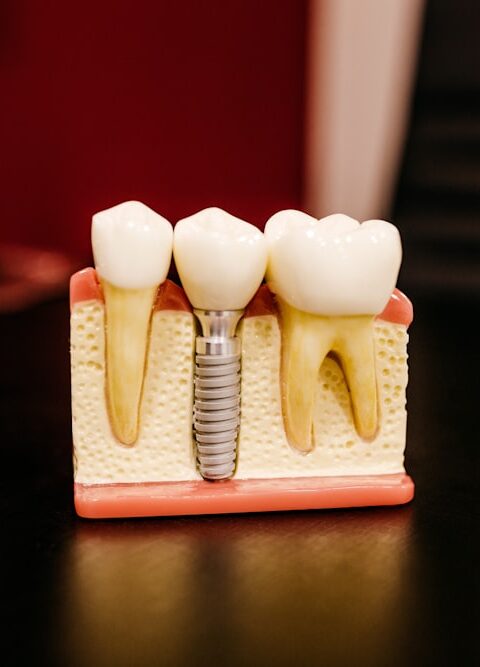It can be simple to mistake the typical menopause symptoms for the symptoms of a hormonal imbalance. The ovaries are where estrogen and progesterone are made. This production slows down during menopause, which causes hormones to change or an estrogen level to fall, which causes menopausal symptoms.
When you are experiencing symptoms of a hormonal imbalance, consider consulting a medical professional. This condition can cause several signs and can negatively affect your overall health. Hormonal levels fluctuate throughout life and are most noticeable during certain life stages such as puberty, the menstrual cycle, pregnancy, and menopause. Certain medical conditions and lifestyle choices can also affect hormone levels. Thankfully, several treatment options and lifestyle changes can restore hormonal balance. The presence of menopause, perimenopause, or any other hormonal imbalance can be determined using your medical history, age, physical examination, and a saliva hormone test. Numerous hormone replacement therapy options are available, and your healthcare provider will work with you to choose the one that best suits your needs and way of life. Hormone Imbalance Treatment Denver is just one of the healthcare providers that you can have a consultation with.
Menopause Vs. Hormonal Imbalance
Menopause and hormonal imbalance are two of the most common health conditions that affect middle-aged women. These symptoms can hinder a woman’s ability to perform well at work, impact her relationships with friends and family, and even affect her overall health. Most women start experiencing menopause symptoms around age 51, although they can develop much earlier. Some women may experience symptoms for as long as 14 years.
In some women, menopause and hormonal imbalance result from a combination of factors. Changing hormone levels during menopause can cause a range of symptoms and can even lead to depression. It is recommended that women begin treatment for menopause as early as possible to minimize the adverse effects of hormonal imbalance.
Hormonal imbalance is a significant cause of many chronic health problems among women and can be caused by various factors. Stress, medical conditions, and certain medications can all lead to hormonal imbalances. Women who suffer from menopause are at greater risk for developing specific health issues like diabetes and cardiovascular disease. Hormones also affect the skin. Women suffering from menopause may notice their skin becomes dry and prone to bruising.
The simplest and safest way to supplement your hormones is through natural hormones. These hormones are synthesized from natural plant substances and are identical to hormones produced by the body. They are available as pills and can be customized by a pharmacist. A compounding pharmacist will create a personalized menopause hormone treatment if you have a prescription.
As with any condition, hormonal imbalance can cause symptoms to get worse. For women, this is especially true if you are prone to hot flashes. This is because the ovary produces hormones responsible for hot flashes. The ovary produces progesterone, which increases the production of estrogen. The pituitary gland produces another hormone called FSH. When the levels of these hormones become too low, the ovaries produce less estrogen. These changes in hormone levels can be noticeable months or years before menopause.
Menopause and hormonal imbalance are significant issues affecting a woman’s health. It occurs when her menstrual cycle becomes irregular and stops. During this time, the body does not produce enough estrogen to thicken the uterine lining. Fortunately, her adrenal glands produce DHEA, which can convert to estrogen in the liver, fat, and bone tissues. In addition, women continue to have small amounts of progesterone after menopause.







